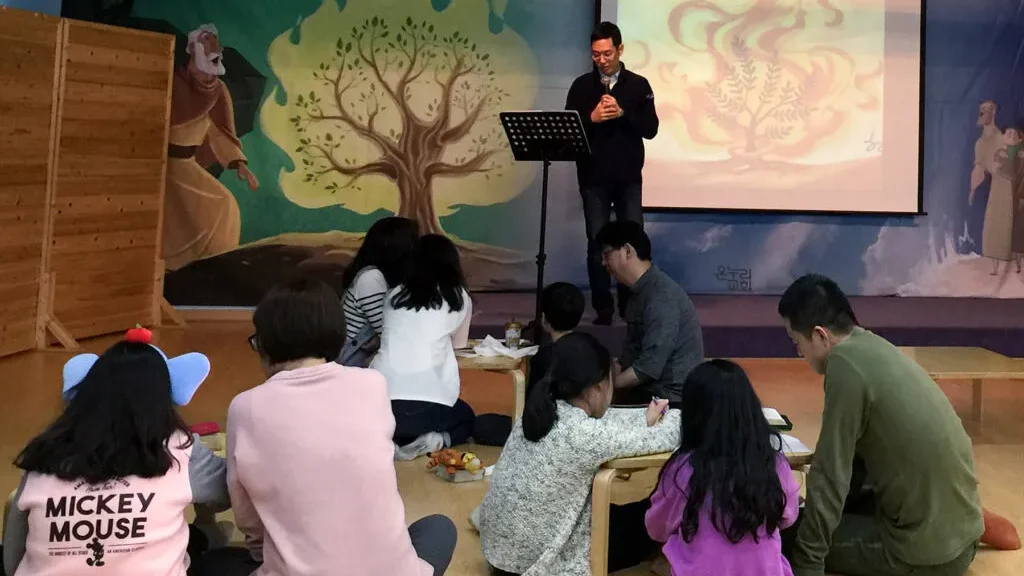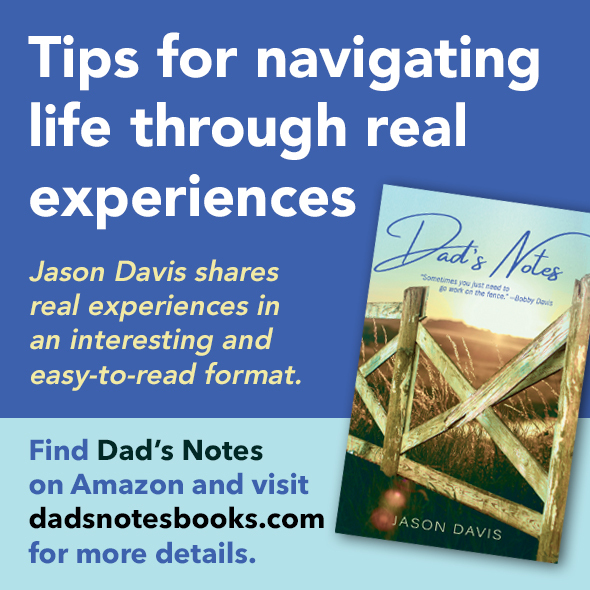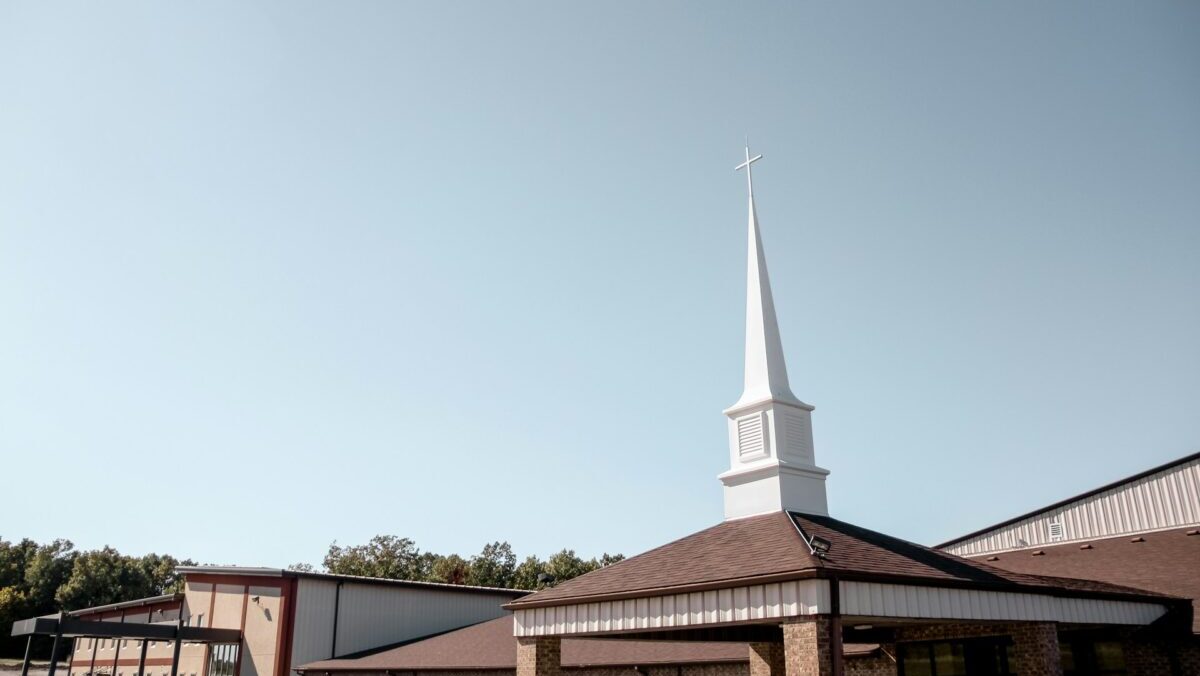When “The Gospel Project” was introduced in South Korea in 2017, the team behind the launch received several worried phone calls from pastors across the country.
The pastors were in a slight panic: Part of the curriculum for students included thought-provoking questions. Because these questions were meant to foster individual responses, there were no guided answers in the curriculum.
In the Korean Christian educational landscape, it’s unconventional for students to express individual thoughts on a text. The pastors found themselves unsure how to handle this new concept, and hence, a flurry of phone calls began. While this threw a curveball at the editing team in South Korea, they encouraged the pastors to create an atmosphere of open conversation.
Thanks to this teaching format “The Gospel Project” introduced to Korean churches, students gained a deeper understanding of biblical doctrine and how it applies to their everyday lives.
“These students had the opportunity to ponder on the material, and they started to absorb the text both intellectually and emotionally,” said June Park, Lifeway’s South East Asia sales representative, who was closely involved in bringing “The Gospel Project” to South Korea. “One of the biggest successes of ‘The Gospel Project’ so far has involved teens discovering their identity and purpose in Christ.”
A new audience
In 2015, Park and a colleague spent two months at Lifeway’s headquarters in Nashville as part of their work with Duranno, South Korea’s largest Christian publishing company. They explored Lifeway’s rich and varied Bible curriculum and concluded “The Gospel Project” was best suited for the Korean church.
Little did Park think that eight years later “The Gospel Project” would still be actively used by churches from different denominations across South Korea.
Once the proposal for “The Gospel Project” was approved by Duranno in 2015, a team of editors rolled up their sleeves and got to work translating and contextualizing the curriculum for a Korean audience.
“Lifeway was extremely generous in helping us and sent us all the materials we needed, including videos of songs without voiceovers so we could contextualize them for Korean churches,” Park recalled.
In November 2016, “The Gospel Project” was introduced to pastors in South Korea, and early the following year, churches across the country dipped their toes — somewhat apprehensively — into the curriculum.
While the Korean church was steeped in doctrine, it hadn’t seen an entirely Jesus-centered curriculum before. Park remembers that in the beginning, the team received questions like:
- How can you bring Christ centeredness into every story?
- How can we stick to one curriculum for three years?
- How can we cover the entire Bible chronologically?
But over time, “The Gospel Project” helped transform the way the Korean church engaged with the Bible.
Today, “The Gospel Project” seems to have impacted other churches’ curriculum as well, as there is a shift from theme-based studies to a focus on the centrality of Jesus throughout the Bible.
Generations studying together
Shortly after Korean publishers launched “The Gospel Project” for adults, students and older kids, they realized the need to also reach the youngest people in the church.
Teams began translating “The Gospel Project” for preschool ministry as well. This led to families across generations studying the same passages of the Bible simultaneously.
Park and the team are encouraged by feedback they’ve received from pastors and congregation members.
Parents share, for the first time, they’re learning the Bible together with their children. In a culture where learning for parents and children often takes place in silos in community life and even within the church, “The Gospel Project” equips parents to serve as mentors in their children’s faith walk.
“‘The Gospel Project’ helps the whole family get close to Jesus,” Park said, pointing to how parents step out of their comfort zones and use the leader kits to teach their children.
“Instead of simply telling kids Bible stories, the curriculum helps parents connect the dots to Jesus and the gospel,” she noted.” Parents are excited the material is structured in such a way that their children are not just exposed to sound doctrine but also to the gospel message, and they have repeated opportunities to accept Jesus as their Savior.”
Thanks to the songs, activities and stories, children are as eager as their parents to gather at church to dive into the Bible and the 99 doctrines “The Gospel Project” presents.
“I’m thankful families can come together and be one unit while studying Scripture,” Park said. “The work that began eight years ago continues to bear fruit in the next generation.”
EDITOR’S NOTE — This story was written by Susan Narjala and originally published by Lifeway.










